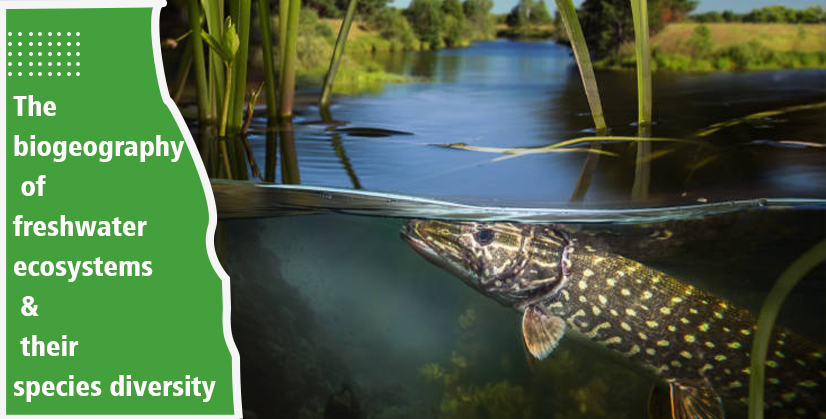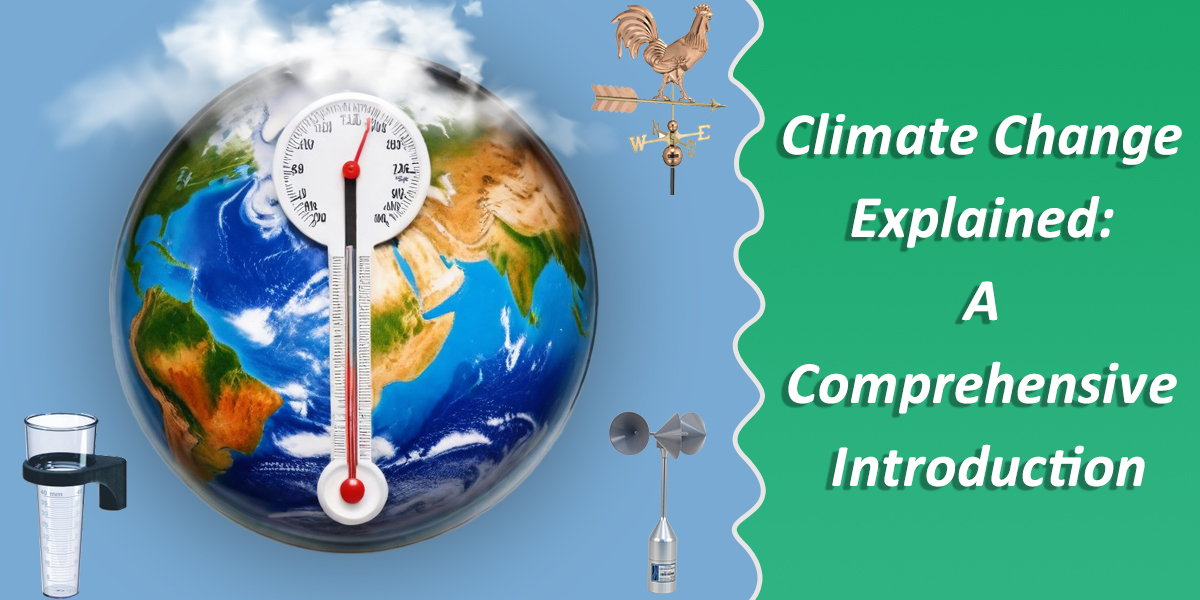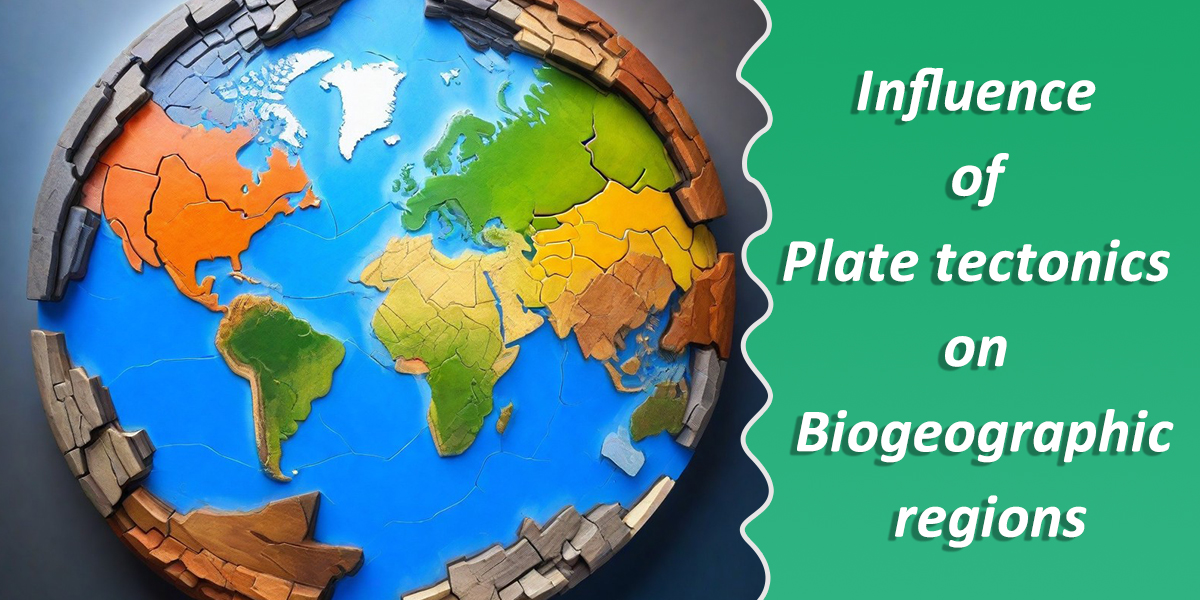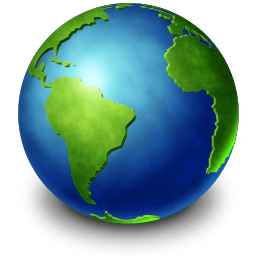What is human geography?
Human geography can be defined as the study of how places are made by people, how space and society are organized, how people interact within their place and across space, and how people make sense of others and themselves in their locality, region, and the world. It uses a combination of spatial, social, and physical science to illustrate a complex story of the world. This complex story is focused on the spatial patterns of people and how we have affected the physical environment that we inhabit, explore, and create by giving these places names.
As human geographers, we try to answer questions that pay special attention to the way people, power, and many buildings are distributed in the world, and what processes that shape where humans move across space, we also focus on why humans build, create, and consume where they do, why these traits change across the space. Why all people and all places are not the same?
Human geography is a discipline with a broad range that puts together many of the strands important for understanding the world that we live in today. It examines human societies and how they develop, it also studies their culture, their economy, their politics, and all within the context of their environment.

BRANCHES OF HUMAN GEOGRAPHY
Branches of human geography include;
- Population geography
- Urban geography
- Social geography
- Economic geography
- Behavioural geography
- Cultural geography
- Political geography
- Population geography: This is a branch of human geography that is concerned with the illustration of how spatial variation in population and its various attributes like migration, composition, and growth.
- Urban geography: This has to do with the study of cities and urban processes. It studies the way humans build cities and the relationship between rural and urban areas.
- Social geography: This refers to the sub-category of human geography that studies the relationship between our society and space. What came to your mind when you heard the word “Social Geography”?, let me guess, “Sociology” right? Well, you are quite correct if you thought sociology and social geography were interrelated, as they deal with the relation of social phenomena and their spatial components.
- Economic geography: This is the branch of human geography that studies the economic activities of places, and the factors that affect them (which could be positive or negative). It is concerned with how people of a particular place earn a living and the variety of livelihood systems across a space or a region.
- Behavioural geography: This has to do with the study of human behavior in a specific location or area. It studies human behaviours in a space individually rather than using a broader overview. It also studies and analyses how different factors affect human behavior. For example, a behavioural geographer can conduct a research to understand how people make decisions about where they can shop for their groceries, and with the results gotten from this research, businesses can come up with better solutions to meet the demands and the preferences of local shoppers in that area.
- Cultural geography: This deals with the study of how our beliefs, culture, values, and traditions shape the spatial distribution of our societies and our interactions with our immediate environment. It is interested in understanding how our cultural practices affect our landscape and how our landscape also affects our cultural identity.
- Political geography: This is a branch of human geography that studies the way political powers and influence shapes the landscape. This deals with boundaries, and subdivisions of a political unit.
How does human geography affect us?
The features that affect us include; vegetation, climate, landforms, and the water cycle. Except from determining whether humans can live in a certain area or not, Human geography determines our lifestyle, and how we adapt to the available food and climate patterns (this means that wherever you live, you going to adapt to where and how you live in a certain area or not, Human geography determines our lifestyle, and how we adapt to the available food and climate patterns (this means that wherever you live, you going to adapt to where and how you live.
Applications of human geography in our daily lives
Human geography has numerous range of applications in our daily lives, below are 5examples of the application of human geography;
- Business and Marketing: As it is said in a popular quote “One man’s meat is another man’s poison ”, this means that humans’ preferences and needs differ across space, and regions. Therefore, with the use of human geography, consumers’ behaviours and preferences can be studied and understood, thereby creating opportunities for businesses to meet the demands of their customers, and also generate effective strategies to target their potential customers.
- Environmental management: When it comes to understanding the relationship between people and their environment, Human geography has a role to play by studying the impact of human activities on the environment like mining, fishing, logging, etc., and with these studies, human geographers can develop policies and healthy practices that can reduce the negative impact of human activities on the environment.
- Urban Planning: With the knowledge of human culture, behaviours, and environment derived from the study of human geography, we can develop cities that are functional and sustainable.
- Public Policies: With human geography, we can derive insights into the social and economic challenges that communities face and help in informing public policy decisions.
- Tourism: Tourists can understand better and appreciate the cultural diversity of the places that they visit by studying human geography.
Conclusion
In conclusion, physical geography helps us in learning more about economics, technology, language, culture, tradition, religion, and power, and how they all influence our environment.











